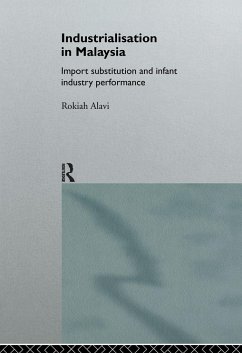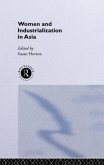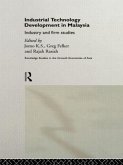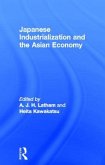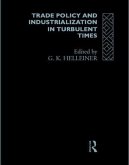Some of the most successful growth economies in the Pacific Rim have combined protectionist Import Substitution Industrialisation policies with export-oriented policies. This study provides a systematic rethinking of relationships between strategies within the Malaysian context.
Hinweis: Dieser Artikel kann nur an eine deutsche Lieferadresse ausgeliefert werden.
Hinweis: Dieser Artikel kann nur an eine deutsche Lieferadresse ausgeliefert werden.

